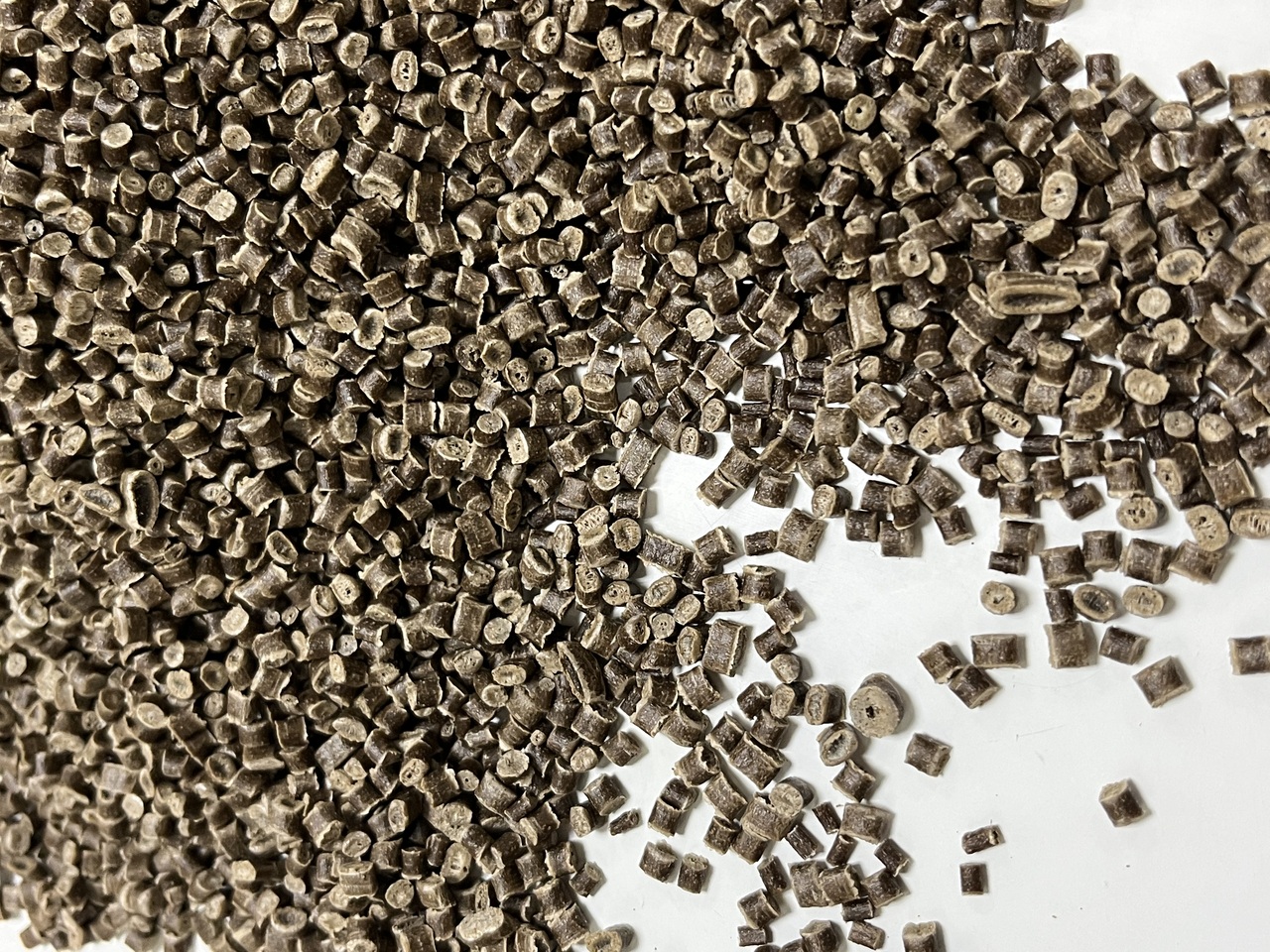Bioplastic Sheets Leading the Way To A Greener Life
Environmental concerns are paramount, transitioning to greener alternatives has become crucial. One such eco-friendly option gaining popularity is bioplastic sheets. These innovative materials offer a range of environmental benefits and advantages over traditional plastic sheets.
Let’s explore the importance of transitioning to greener alternatives, the environmental benefits of bioplastic sheets, and the advantages they bring.
Explanation of bioplastic sheets
Bioplastic sheets are a type of material derived from renewable resources, such as plant starches or agricultural by-products, coffee grounds for example. They are designed to be an environmentally friendly alternative to traditional plastic sheets, which are derived from fossil fuels. Bioplastic sheets are biodegradable and compostable, meaning they can break down naturally without causing harm to the environment.
Bioplastic sheets share similar characteristics with traditional plastic sheets in terms of flexibility, durability, and functionality. However, their composition and sourcing make them a more environmentally friendly option. By utilizing renewable resources, bioplastic sheets help reduce the dependency on fossil fuels and decrease the carbon footprint associated with their production.
As businesses and individuals strive to reduce their environmental impact, the adoption of bioplastic sheets contributes to a greener future and a more circular economy.
Importance of transitioning to greener alternatives
The use of traditional plastics has had devastating effects on our environment. These plastics are derived from fossil fuels, contribute to greenhouse gas emissions, and take hundreds of years to decompose. They often end up in landfills, pollute our oceans, and harm wildlife. The detrimental impact of plastic waste has prompted the need for greener alternatives that can help address these issues.
Transitioning to greener alternatives, such as bioplastics, offers several key benefits:
- Reduced Environmental Impact: Green alternatives like bioplastics are typically derived from renewable resources, such as plant-based materials or agricultural by-products. By utilizing these sustainable sources, we can reduce our reliance on fossil fuels and decrease carbon emissions, helping to mitigate climate change.
- Resource Conservation: Bioplastics promote the efficient use of resources by utilizing renewable feedstocks. This reduces the strain on natural resources and helps preserve biodiversity. Additionally, many bioplastics are designed to be compostable or biodegradable, ensuring they can safely return to the environment without causing long-term harm.
- Waste Reduction: Transitioning to greener alternatives allows us to move away from the linear "take-make-dispose" model and towards a circular economy. Bioplastics offer opportunities for recycling, composting, or other forms of eco-friendly disposal methods. This helps minimize waste, conserve resources, and contribute to a more sustainable future.
- Consumer Demand and Reputation: As environmental consciousness grows among consumers, there is an increasing demand for greener products. Businesses that embrace greener alternatives, including bioplastics, can differentiate themselves and enhance their reputation by aligning with sustainability goals. This can lead to increased customer loyalty and support from environmentally conscious consumers.

It is important to reduce our reliance on fossil fuels and follow a greener life.
>>>> Learn more at: Biodegradable Plastic Granules in Circular Economy
Environmental Benefits of Bioplastic Sheets
Bioplastic sheets offer significant environmental benefits compared to traditional plastic sheets. Let's explore some of these benefits:
- Reduced Carbon Footprint: Unlike traditional plastics derived from fossil fuels, the production of bioplastics emits fewer greenhouse gases, resulting in a reduced carbon footprint. By using bioplastic sheets, we can contribute to mitigating climate change and lowering our overall environmental impact.
- Renewable and Sustainable Sourcing: One of the key environmental benefits is their reliance on renewable resources. These sheets are often derived from materials like corn starch, sugarcane, or coffee ground, which can be sustainably sourced.
- Contribution to the Circular Economy: Bioplastic sheets have the potential to contribute to the circular economy, where resources are kept in use for as long as possible through recycling, composting, or other sustainable disposal methods. Bioplastics can be designed to be compostable or biodegradable, allowing them to be returned to the environment in a safe and eco-friendly manner.
By choosing bioplastic sheets, we can actively participate in reducing our environmental impact. These sheets offer a viable alternative to traditional plastics by reducing carbon emissions, minimizing greenhouse gas emissions, promoting renewable sourcing, and contributing to the circular economy.
As we strive for a more sustainable future, the environmental benefits of bioplastic sheets make them a compelling choice for various applications, from packaging materials to construction components.
Applications of Bioplastic sheets
One of the applications of bioplastic sheets, such as AirX Coffee Bio-composite, is versatile and offers a sustainable alternative to traditional plastics, made from coffee grounds and recycled plastics.

AirX Coffee Bio-composite.
The versatility and eco-friendly attributes of AirX Coffee Bio-composite demonstrate the potential for bioplastic sheets in various industries. From packaging materials to consumer goods and specialty products, these bioplastic sheets provide a sustainable alternative to traditional plastics while reducing the environmental impact.
By opting for bioplastic sheets like AirX Coffee Bio-composite, businesses and consumers can actively contribute to reducing the environmental footprint associated with traditional plastics. These bio-based plastics offer a more sustainable alternative, helping to conserve natural resources, decrease carbon emissions, and minimize waste generation throughout their life cycle.
By embracing such innovative materials, we can contribute to a greener future and promote a more circular and resource-efficient economy.
Contact us
AirX is the world's first carbon-negative bio-material made from coffee grounds.
We specialize in producing bio-based composites using recycled carbohydrates derived from by-products such as coffee grounds, coconut husk, husk, and bamboo. Our goal is to promote sustainability through the use of eco-friendly materials.
We are always here to help and provide the best service possible. If you have any questions or would like to receive advice and feedback directly from our sales staff, please do not hesitate to contact us. You can reach us through:
Whatsapp: +84 969 742 950
Email: [email protected]
We look forward to hearing from you!

